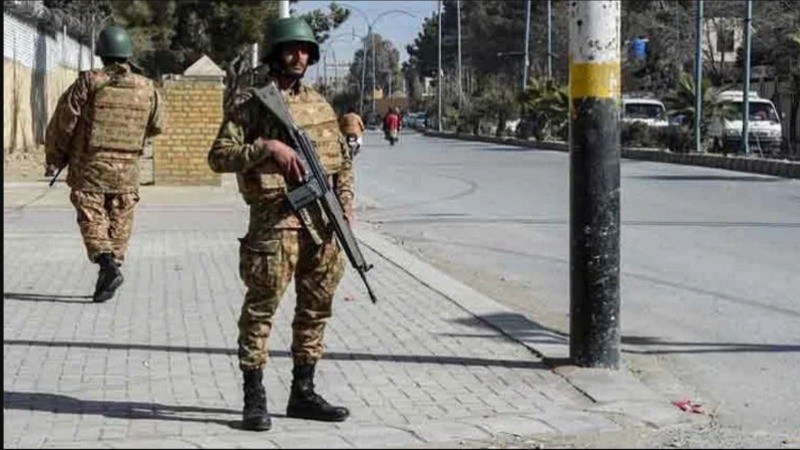
ISLAMABAD: In response to escalating protests and violence in Islamabad, the government of Pakistan has officially transferred security responsibilities for the capital to the Pakistan Army. This decision comes as clashes between supporters of the Pakistan Tehreek-e-Insaf (PTI) party and security forces have turned the city into a battleground.
The unrest has intensified in recent days, with violent confrontations reported between PTI supporters and law enforcement. The situation is expected to remain volatile through the weekend, particularly with the upcoming Shanghai Cooperation Organization (SCO) summit scheduled for October 15-16 in Islamabad.
To address the deteriorating security conditions, the Federal Ministry of Interior ordered the army to take control of the capital's security under Article 245 of the Constitution. This article allows the armed forces to assist civil authorities when called upon.
As a result of this directive, army units have begun patrolling key areas in Islamabad to maintain public order and protect citizens and property. Their responsibilities will also include ensuring security during the SCO summit, which will see the arrival of international dignitaries.
With India’s External Affairs Minister S. Jaishankar leading the Indian delegation to the summit, the stakes are particularly high.
The protests led by PTI have resulted in violent clashes with police, creating a highly sensitive political climate. Senior analyst Najam Sethi expressed concern over the government's decision to deploy the military, warning that it positions the armed forces against the PTI. He cautioned that any further escalation could lead to disastrous consequences if violence breaks out.
“Keeping in view the current situation, KP Chief Minister Ali Amin Gandapur and his supporters are armed and threatening to breach blockades to reach Islamabad. If any gunfire occurs, the situation could spiral out of control,” Sethi said.
The deployment of armed forces in the capital highlights the ongoing tension between the military and PTI, led by former Prime Minister Imran Khan, who is currently imprisoned. Any misstep from either side could trigger significant unrest and push the country toward chaos.
The next 24 to 48 hours are deemed critical, with many observers hoping the situation will not escalate further. However, the military establishment has made it clear that there will be no negotiations with Imran Khan, despite PTI's demands for engagement.
A reliable source indicated that the military's stance remains unchanged since the events of May 9, 2023, stating that the current protests will not alter their position on talks with Khan. The source noted that KP CM Gandapur, leading armed protesters, may find himself trapped as the army stands ready to enforce order.
As tensions rise, both Gandapur and Imran Khan face serious challenges. Should violence continue, it could lead to severe repercussions for their political futures and the stability of the region.
The situation remains tense in Pakistan, with heightened sensitivity expected to persist for at least the next 48 hours.
Khamenei Warns Israel “Won't Last Long” During Tehran Sermon
Iran's Attack on Israel "Legal and Legitimate," Declares Khamen
EAM S Jaishankar to Visit Pakistan for SCO Summit on October-15: What's on the Agenda?